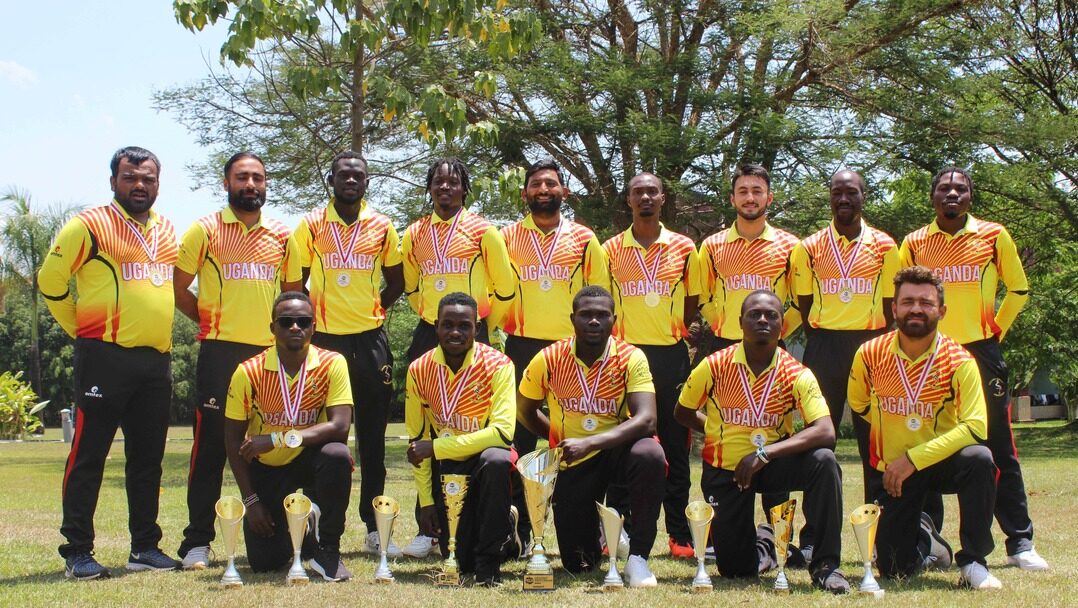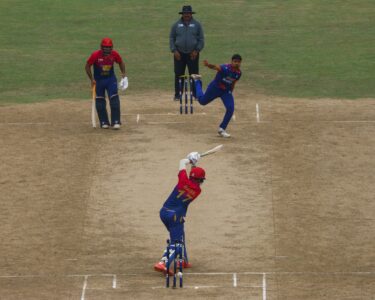The origins of Uganda’s cricket culture in Africa date back to the British colonists who brought the game to the nation in the early 1900s. The men’s national team made its debut in 1914, and by the 1950s, Uganda was competing in regional championships with Tanzania and Kenya. Important turning points in the nation’s cricket history include the founding of the Africa Cricket Club (ACC) in 1950 and the East Africa XI squad, which faced South Africa in 1958.
However, Idi Amin’s xenophobic policies, which resulted in the forced migration of Uganda’s 50,000-strong south Asian minority in 1972, also had an impact on the history of cricket in the country. The popularity of the game significantly decreased as a result, but cricket enthusiasts’ enthusiasm remained. Notable cricket players continued to emerge from the nation, like George Mawanda, who established the African Cricket Club and hit the game-winning six in 1959 against Uganda Police with an All-African XI after taking 6/21.
The Uganda Cricket Association (UCA) made great progress in bringing the game back in the 1990s. In 1998, Uganda joined the International Cricket Council (ICC) as an associate member, and in 2001, the country took part in the ICC Trophy for the first time. Since then, the national cricket team has developed further, with noteworthy accomplishments like winning the quadrangular competition in 1991 and making it to the ICC T20 World Cup for the first time in 2024.
Uganda’s cricket journey has been characterized by tenacity and resolve. Notwithstanding obstacles, the nation has produced excellent cricket players on a regular basis and advanced the game significantly. Uganda has a good national squad and an expanding club structure, making it a competitive challenger in African cricket today.




